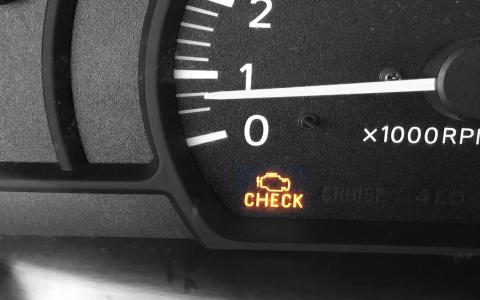Second generation

ManufacturerFord Motor Company
Also calledMercury M-Series
Production1953–1956
1957-1962 (Brazil)
AssemblyDearborn, Michigan, USA
Edison, New Jersey, USA
Long Beach, California, USA
Norfolk, Virginia, USA
St. Paul, Minnesota, USA
St. Louis, Missouri, USA
São Paulo, Brazil
Hapeville, Georgia, USA
Louisville, Kentucky, USA
San Jose, California, USA
Highland Park, Michigan, USA
PredecessorFord F-Series first generation (1948-1952)
SuccessorFord F-Series third generation (1957-1960)
ClassFull-size pickup truck
Body style2-door pickup
4-door panel truck
LayoutFront engine, rear-wheel drive / four-wheel drive
Engine215 CID (3.5 L) I6
223 CID (3.7 L) Mileage Maker I6
239 CID (3.9 L) Flathead V8
239 CID (3.9 L) Y-block V8
272 CID (4.5 L) Y-block V8
TransmissionHeavy-duty 3-speed manual[1]
3-speed automatic<[2]
4-speed manual
Ford-O-Matic[2]
Wheelbase110.0 in (2,794 mm) (F-100)
118.0 in (2,997 mm) (F-250)[2]
Length189.1 in (4,803 mm)[2]
The Ford F-Series was redesigned for 1953 with a more integrated look. The pickups also acquired their now familiar names: The F-1 now became the F-100, the F-2 now became the F-250, and the F-3 now became the 1-ton F-350. Optional interior amenities were new, including a dome light, lighter, arm rests, sun visors and a radio. On March 13, 1953, the Ford-O-Matic automatic transmission became an option.
The 1953 F-100 was the last year for the flathead in the US. Models in Canada, however, (Mercury M-Series), retained the flathead. 1954 saw the introduction of the new 239 CID overhead valve Y-block V8, dubbed "Power King." The six-cylinder engine's displacement was also increased from 215 to 223 CID and power steering was introduced as an option. In 1955 the 239 Y-block was replaced with the 272 and 292.
The 1956 F-100 is a one-year only body style. The 1956 F-100 is easily identified as it has vertical windshield pillars and a wrap around windshield as opposed to the sloped pillars and angled windshield of the 1953-55. The 1956 model also offered a larger wraparound back window as an option. Starting in 1956, Ford offered the very rare "Low GVWR" versions of each model. Also in 1956, seat belts became an option.[2]
Second generation trucks were built in Brazil from 1957 to 1962 as the F-100, F-350 and F-600.
Models:
- F-100: 1/2 ton (5,000 GVWR max)
- F-110: 1/2 ton (4,000 GVWR max)
- F-250: 3/4 ton (7,400 GVWR max)
- F-260: 3/4 ton (4,900 GVWR max)
- F-350: 1 ton (9,800 GVWR max)
- F-360: 1 ton (7,700 GVWR max)
Engines:
EngineYearsPower
215 CID Straight-61953101 hp (75 kW)
239 CID Flathead V81953100 hp (75 kW)
223 CID Mileage Maker I61954–55115 hp (86 kW)
239 CID Y-block V81954–55130 hp (97 kW)
223 CID Mileage Maker I61956137 hp (102 kW)
272 CID Y-block V81956173 hp (129 kW)

1953 Mercury M-100, a Canada-only rebadged F-100

1953 Ford F-100
1955 Ford F-100

1956 Mercury M-100 pickup
Ford F-100




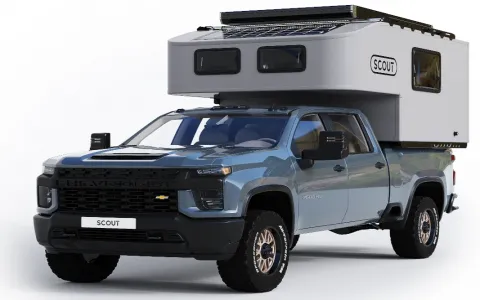
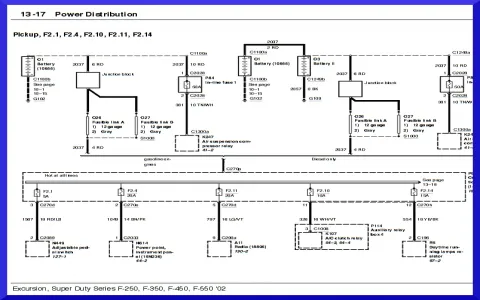


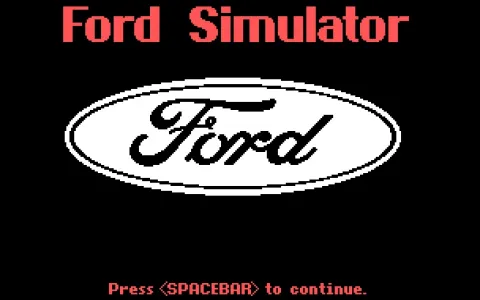
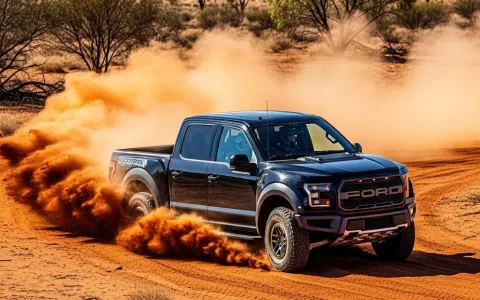
![What Ford F150 is Best for Towing ? [Full Guide]](/sites/default/files/styles/frontpage_stories/public/2025-04/f250-camping.webp?itok=6Ah370zB)
